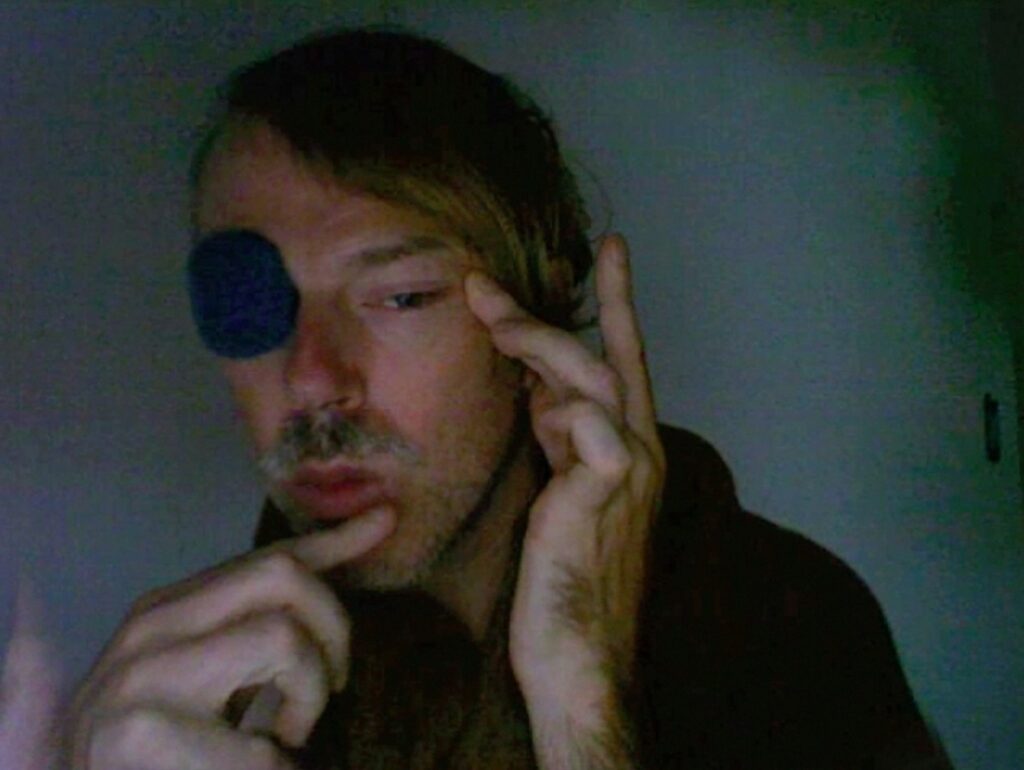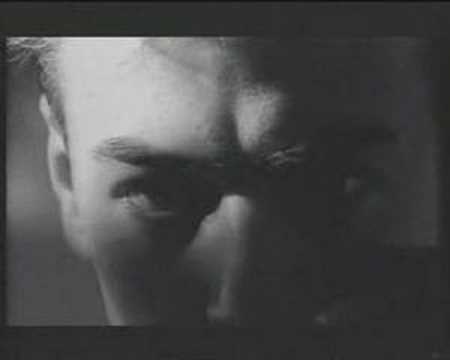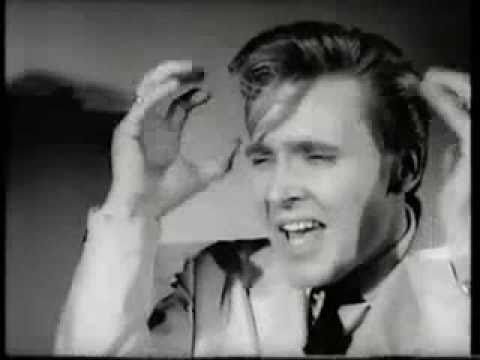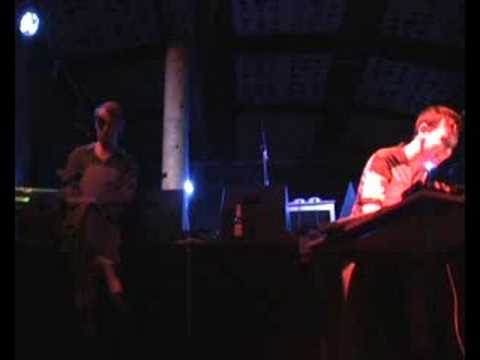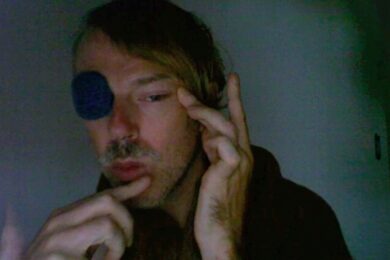As Momus, Nick Currie has charted a singular path over the last quarter of a century as a writer and performer of literate pop songs of the occasionally pervy kind. Naming himself after the Greek god of mockery, Currie looked to Jacques Brel and Serge Gainsbourg for inspiration before exploring a range of stylers, modes and influences as her travelled between London, Paris, New York, Berlin, Tokyo and, more recently, Osaka.
Currie’s musical adventures began in 1981 in Edinburgh as vocalist with The Happy Family, who he formed with former members of Josef K. The Happy Family released an EP, Puritans, and an album, The Man On Your Street, on 4AD records, both in 1982.
The debut Momus album, Circus Maximus, was released on El records in 1986, before Currie moved to Creation, releasing a stream of albums that began with The Poison Boyfriend, continuing with Tender Pervert, Don’t Stop The Night, Monsters of Love and the Gainsbourg dedicated Hippopotomus.
With the rise of the 1990s Brit Pop wars, Currie moved to Paris and Momus to Cherry Red, releasing albums such as Slender Sherbet and The Philosophy of Momus before founding his own Analog Baroque label. A song on the label’s first release, The Little Red Songbook, resulted in a lawsuit by composer Wendy Carlos.
As well as a Stereo Total album, Momus released LPs including Stars Forever and Ocky Milk. In 2006 Currie was invited to the Whitney Biennial which saw him performing his first incarnation of the Unreliable Tour Guide. 1998, in collaboration with Joe Howe, formerly of Gay Against You and currently working as Ben Butler and Mousepad, the Joemus album was released.
The last few years has seen the publication of three books by Momus, The Book of Jokes, The Book of Scotlands and The Book of Japans. The last two years have also seen the release of the Hypnoprism and Thunderclown albums.
Momus is currently on a tour of sorts, appearing in assorted art galleries with his ongoing Unreliable Tour Guide project. This week, After playing Chapter Arts in Cardiff and Cafe Oto in London, Momus returns to his home town of Edinburgh for a performance at Edinburgh Printmakers as part of their ongoing Negativnights series of events, presented by artist-run gallery, Superclub.
What exactly, though, will Momus be doing in Edinburgh and beyond?
Momus: I live in Japan, but come back to Europe for a month in winter, a month in summer, and a month in autumn. I flag these trips on my website, IMomus.com, and curators and bookers kindly invite me to play shows in clubs, theatres and galleries, give "emotional lectures" in academic settings, or lead "unreliable
tours" through museums. Seeing that I was coming to Britain this winter, Ross Christie from Superclub Gallery invited me to do some kind of tour or performance in a space he’s been programming for recently, Edinburgh Printmakers.
What I plan to do is combine a tour and a concert, so I’ll be a singing tourguide. I’ll use my regular song backings, but try to improvise new site-specific (and maybe funny) lyrics over them. What I normally do in these situations is arrive a few hours early at the gallery, see what’s there, and "write" the outline of an absurdist tour in my mind. For instance, recently at
the Nobel Museum in Stockholm my tour was based on the idea that Ikea’s Ingvar Kamprad, rather than Alfred Nobel, had set up the foundation thanks to making a fortune with exploding furniture. I won’t know what I’m going to say at Edinburgh Printmakers until I see the building, though.
What are some of the other results of working this way?
M: I’m basically telling stories whatever I do, but I like to switch from stories in the form of a guided tour to stories in the form of a song. I’m also really interested in the scary moment when "having nothing to say" turns into "saying something in public". I used to be terrified of public speaking, but now I
actually relish engagements where I don’t know what I’m going to say until I say it. Somehow it usually turns out okay. It’s as if deep narrative structures – three part lists, animal tales, childish jokes, outrageous lies – intervene at the last moment to save the day.
Coming back to Edinburgh, where you’re from, must give you a bit of an advantage in a way. Was the Printmakers not open when you were around?
M: Basically I’ve always gravitated to visual culture. I feel at home in places where people are making images. The smells, the air of quiet concentration. I used to go to Printmakers when it was in the Stockbridge area of Edinburgh in the 80s. I was visiting a girl who was a bit indifferent to my amorous advances. Maybe I can work that into the narrative somehow: unrequited love is a good plot line.
And, this isn’t the first time you’ve customised songs, is it? Can you say a bit about the process?
M: When I had some legal bills to pay at the end of the 90s I wrote portrait songs for $1000 a pop. I’d ask people to send a brief description of themselves, talk about their likes and dislikes, attach a photo. The resulting song was supposed
to make you a "star forever". It’s interesting following the lives of these "stars" – I’ve just performed at the 50th birthday party of one of them, Robert Dye. You could make a documentary about how the portraits have impacted on their
lives. After the Stars Forever record came out I did fire sale versions of portrait songs on stage for $10 a piece. Someone would shout out their favourite colour, I’d head to the piano immediately and bang out ‘Michelle in Red’ or whatever. It was a reductio ad absurdum.
Ah, yes, unrequited love. A familiar theme. As you say, what you do is all about telling stories. But how much of a through line do you recognise in your work in terms of themes and content from The Happy Family on through the early
Momus albums and the sort of work you’re doing now?
M: I think a common theme is "aggression against normality", from the left wing terrorists in The Happy Family album through the Maoist intellectuals and fake homosexuals of Tender Pervert, the baby-hating, doppelganger-haunted narrators of Ping Pong, right up to the eccentric ‘Thunderclown’ on the new album, my characters don’t accept the world as it is. The corollary is that they respect otherness, and try to model other ways of living: parallel worlds. I think of this as basically a (post-Christian) Calvinist mindset.
And with the Stars Forever project, with the likes of Jeff Koons buying a song, that whole thing must have been fascinating looking at people’s lives like that. What were the various responses? And how does that tie in with what you said about everyone being famous for fifteen people?
M: Actually, Stars Forever is the exception to the "aggression against normality" rule. As a portraitist, I had to just represent what was in front of me. I let people choose their most relevant information. I was Facebook set to music! And, like Facebook, people have used the songs to form social networks with the other "stars". There are little groups of them who still meet up to come to my shows together. You could make a "Seven Up"-type documentary about how their lives are progressing.
And without dwelling on it too much, the whole Wendy Carlos incident that effectively caused it must have been difficult. I’m not even sure if you’re allowed to talk about it, but at least it caused you to make more art…
M: Yeah, I shouldn’t really go there.
Your attraction to visual culture seems to be very much in keeping with an ongoing crossover with the more interesting aspects of avant-pop and visual art. You’ve even done something for the Whitney Biennial. Where does that interest come from? And why do you think these crossovers are so prevalent just now, both in terms of visual artists interest in music and performance, and in musicians and performers exploration of the artworld?
M: I was always interested in art, artists, and the art world. As a teenager I’d go to the New 57 Gallery and the Fruitmarket, or sit up at the Talbot Rice flipping through Artforum. It just seemed very exciting that artists were doing this continuous R&D into form. Not just experimenting with form, but researching new
ways to live. Joseph Beuys, for instance, whose lectures in Edinburgh I caught (thanks to Ricky Demarco), suggesting that art and politics were seamless, that society is a "social sculpture" and everyone is an artist.
The reason art and music are collapsing into each other is that the art world has emerged well from digitisation. Anything that can be digitised will become free. I’m not saying that’s a bad thing, in fact I’m all for it. But things that can’t be digitised (live concerts, unique artworks presented in galleries, other performances and experiences) take on a new importance. I now make almost all my income from concerts, tours, lectures, things that happen offline. But online is
essential too. I’m happy to provide lots of content – my albums, for instance – free online, in exchange for ticket fees when people pay to see me live, or for payments from institutions who want to liven up their public spaces with some storytelling.
There’s the whole thing in the visual art world as well about documentation. How are the events you’re doing being documented?
M: When I did my art shows in New York I had three rules: no preparation, no archiving, and nothing for sale. I don’t forbid archiving of my performances, but getting them back into the digital bitrush isn’t a priority. The whole point about these events is that they happen in real life and in real time, they only happen once, and "you had to be there".
Going right back, and again to Edinburgh, when you formed The Happy Family, you effectively joined forces with half of Josef K. How did that come about?
M: I’d made a demo I wanted Alan Horne [Postcard Records boss] to hear. I handed it to Malcolm Ross [Josef K guitarist] at what turned out to be their second-last gig, and Malcolm liked it and put a band together for me, before heading off, himself, to join Orange Juice. It was his way to give his old bandmates some work, and to give me enough instant kudos to sign to 4AD Records.
And, of course, Josef K and others from the Sound of Young Scotland era, Fire Engines, Scars, and of course Orange Juice, have had a huge resurgence of interest over the last few years via name-checks from Franz Ferdinand and assorted compilations, first on LTM, then on Domino. What do you think of all that? And how would you feel about a delve into The Happy Family archive?
M: While I’m happy to see the Postcard era recognised – it was genuinely a very exciting and magical time – I think the whole problem for pop music now is that it’s become paralysed with respect for its past. We’re crushed by the archive, and every edition of Mojo magazine (a sad catalogue of the achievements of the geriatric and the dead) makes it harder for the young to break away and create genuinely new forms of popular music. I don’t have strong feelings about The Happy Family archive. We weren’t as good as Josef K.
How do you look back at your own back catalogue as Momus these days? I suppose I’m thinking again in terms of documentation. I mean, your first album, Circus Maximus, was an attempt to rewrite the bible. You weren’t exactly starting small, were you?
M: I’m really happy with what I’ve done as Momus. The songs come alive again when I sing them in concerts, accompanied by strange ungainly dancing. I’ve really defined certain situations (sexual jealousy, for instance, or the dynamic of want and need, or the masks we wear to hide our insecurities) more sharply than almost any other songwriter, I think. I know that sounds immodest, but it’s true. There’s some complete dross on every album, but when I’m good I’m world class.
When you started out, it was okay to be ‘clever’, but then, outside of Jarvis Cocker, the 90s kind of did for that for a while. How did that affect you? And where are we at now, do you think? It seems literateness is acceptable in pop again.
M: By the end of the 80s I was as keen as anyone to escape the self-righteousness of a certain kind of political correctness, the kind inspired by stale, self-righteous identity politics (I’m into class politics but not identity politics, that sterile quest for an etiquette of "respect"). But my solution was
France and sex: Serge Gainsbourg, Georges Bataille. The solution proposed by Britain was football and new laddism. So I did the logical thing: I moved to France. I have no idea where we’re at now, because I don’t know who "we" are and where "at" is. The context has, thank God, fragmented. There are myriad parallel
cultures. The gatekeepers lie slain.
In the UK, I suppose you’re what’s regarded as a ‘cult’ artist, but you’re a bone fide pop star elsewhere. How do you feel about those different standings?
M: I’ve experienced – at my own scale and level – all the things pop stars experience: love, adulation, easy sex, a living wage. There isn’t really a big distinction, for me, between cult and star. Sure, I don’t own a house or a car. I don’t even have a credit card or a mobile phone. But those things aren’t important to me. I have an amazing liberty to live where and as I like. I have a sense of achievement, a sense that I’m doing what I was born to do, and that my life hasn’t been wasted. Rather than saying in some blanket statement "I’m a cult" or "I’m a star", you just notice sometimes that you’re struggling, then at other times you notice a glow of love coming from some particular quarter. When you’re struggling, there always seems to be another territory to go and conquer. When you sense the glow, you head towards it and warm your hands.
Your Edinburgh show is being organised by Superclub. I saw Ben Butler and Mousepad play there a while back. You did an album with Joe Howe, aka BB & M as Joemus. What do you think of Joe’s current work, and what are the chances of a follow-up to Joemus?
M: Joe’s work is brilliant, I like how he’s got more funky with BB&M. There probably won’t be another album collaboration, though, because you don’t cross the same river twice. I think Joemus is great, though, and I’d encourage anyone who hasn’t heard it to track it down, and to investigate Joe’s work.
You’ve done a couple of books over the last couple of years, The Book Of Jokes and The Book Of Scotlands. Again, this is about telling stories. The Book Of Scotlands in particular I think retains a sense of absurdism that comes through in a lot of your work. What’s your relationship with your homeland?
M: It’s three books, actually: The Book of Jokes, The Book of Scotlands and The Book of Japans. I identify as a Scot, very much. When I’m in Japan and they ask where I’m from, I always say "Scotland", not "Britain". I’d like to see Scotland independent, because we have different politics and a different culture from the English. I wouldn’t like to see it become twee, navel-gazing and trivial, though. I hope an
independent Scotland would really respect its artists. I’d like to see a cosmopolitanism, an orientation towards Europe and Asia rather than the States, and a kind of new Scottish Enlightenment like the one we had in the 18th Century. Adopt the euro, become a republic, dump the royals, embrace socialism fearlessly!
And now you’re back making records with Hypnoprism and Thunderclown. Where are you at as a songwriter/composer just now?
M: I just made an instrumental record, Momus In Samoa, which is nominally an exploration of Robert Louis Stevenson’s late years in the South Pacific. It features lots of very badly-played (but charming) violin. But I plan to make a new song record this spring in Osaka. I have no idea what it’s going to sound like.
What are you up to outside of and beyond this current tour? What’s next for Momus?
M: I’m writing a film script for the director Peter Webber, who made Girl With A Pearl Earring. It’s about two lesbians in the 1950s who are charged by a public broadcasting institution to come up with experimental children’s television
programmes.
And, I have to ask, given your song, ‘The Most Important Man Alive’, about Howard Devoto, how do you feel about the Magazine reunion and the new recordings?
M: Given that they reunited, it was a good decision to record new material, because it makes the whole thing less archival, more creative. That said, I think the resulting record sounded like self-pastiche and hasn’t added much to the band’s legacy. But I will always love Howard Devoto for his writing. Even his bad writing is better than pretty much anyone else’s. His brain works in an absolutely unique way. There ought to be statues of him in public squares.
Momus performs at Edinburgh Printmakers on Thursday March 8th, and is currently accepting bookings in Europe for June and October 2012. Send him an email or get in touch via his website IMomus.com if you want to extend an invitation to sing, guide or speak.

